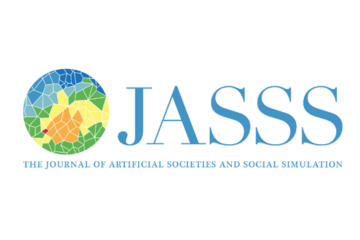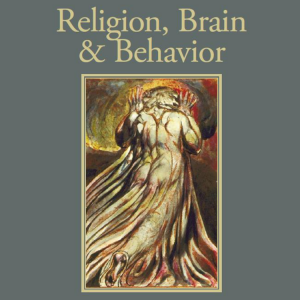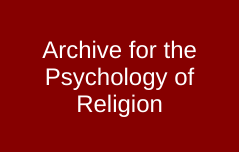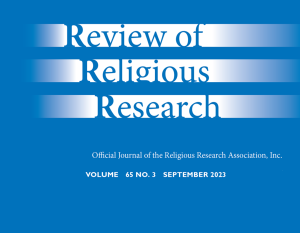Wesley Wildman, George Hodulik, and F. LeRon Shults
Journal of Artificial Societies and Social Simulation

Abstract: The SARS-CoV-2 pandemic has made abundantly evident that human behavior is a critical factor in determining whether interventions intended to manage infection spread are effective. Human behavior is driven by decision processes about whether to comply with advice from public-health experts and instructions from officials charged with managing pandemic response within organizations and governmental regions. And guiding those decisions are personal values, often shared with others, which are understudied features of pandemic management. Here, we demonstrate the role of values in a pandemic simulation using The Artificial Organization (TAO), an existing, strongly validated, agent-based, decision-support tool for pandemic management. We enhance TAO by adding human values to create TAO-V, focusing particularly on values related to political ideology, the spread of those values, and the way political values and compliance decisions have interacted in the United States of America (and other nations, usually to a lesser extent). TAO-V confirms that human values are influential factors in a pandemic simulation, which invites testing against real-world data from pandemic-management efforts (we pursue this in a subsequent paper). Even before real-world testing, the results of this study suggest that public-health messaging might be more effective if it were to engage values rather than only stress compliance with public-health recommendations.



